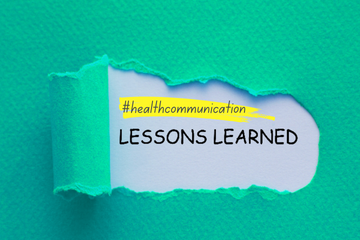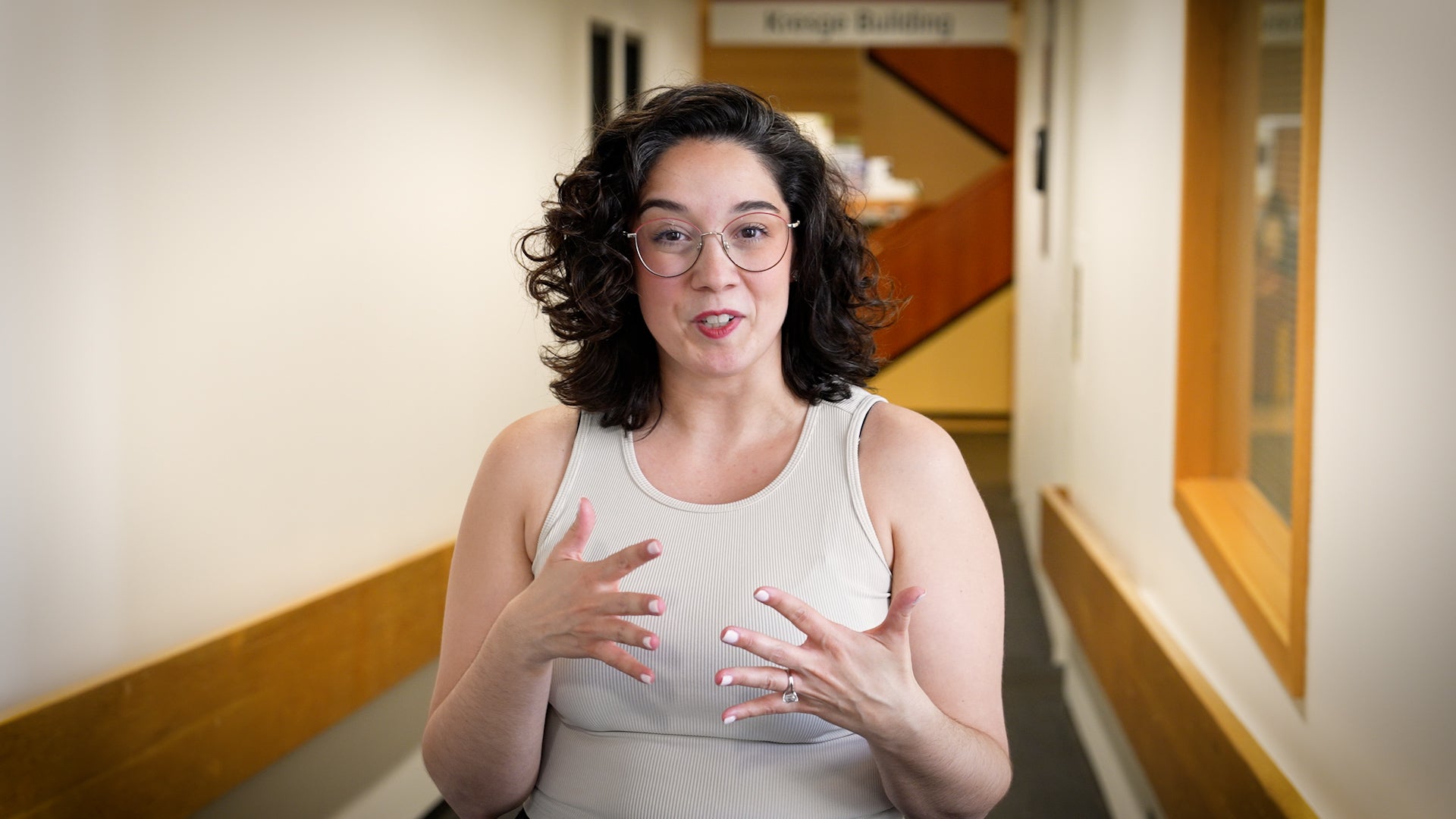Lessons learned: Sharing failures boosts perceptions of scientists and public support for science

You’re reading Lessons Learned, which distills practical takeaways from standout campaigns and peer-reviewed research in health and science communication. Want more Lessons Learned? Subscribe to our Call to Action newsletter.
Amid growing public skepticism toward science, scientists are increasingly encouraged to communicate directly with the public. Yet, the most effective ways to build trust remain unclear. For example, posting about a personal moment from the lab might help people connect with the scientist, but it could also be seen as self-serving or distracting from the science.
To better understand which communication strategies are most effective, researchers at the University of Michigan conducted an experiment with 1,843 participants. These participants viewed realistic X (formerly Twitter) threads from fictional scientists in astronomy or geosciences. The threads varied in whether the scientist was sharing a research success or failure, and whether they included stories about the struggles involved in the research. The researchers examined how (1) these strategies affected perceptions about the scientists’ competence, warmth, integrity, and openness to feedback or telling the full story, (2) if identifying with the scientist explained perception effects, and (3) how these perceptions influenced people’s support for science and intentions to seek more scientific information.
What they learned: Scientists who share their failures are seen as more caring, honest, and open—but no less competent—than those who only share successes. The reason? People identify with the scientist more when they share their failure. Boosting perceptions of scientists’ warmth and openness leads to increased support for science and intentions to seek scientific information. Including stories about the research process has no positive effects on people’s perceptions of scientists.
Why it matters: Being open about scientific failures can humanize scientists and counteract stereotypes of them as cold or elitist. The public’s feelings about scientists helps foster support for science and greater engagement with scientific content.
➡️ Idea worth stealing: Take the time to share your failures with your online community. For instance, you can make a post explaining a failed experiment and what you learned from it.
What to watch: If studies reveal different relationships for more politically sensitive topics, such as vaccines or climate change, where sharing successes/failures could be received differently.


